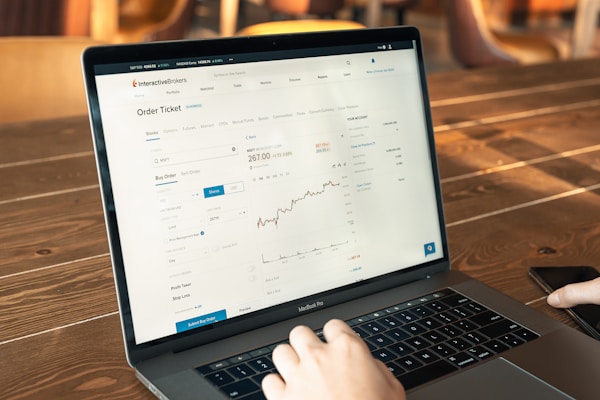Soft dollar arrangements have become a significant aspect of the financial industry, with asset managers and brokerages engaging in these practices. However, there are several key points to consider with regard to these methods to better comprehend their nuances and implications on the industry. In this article, we delve into the world of soft dollar arrangements, covering everything from their definition and benefits to potential pitfalls and regulations that surround them. Keep reading to learn more.
The Basics of Soft Dollar Arrangements

Soft dollar arrangements refer to the practice of investment managers utilizing brokerage services to receive various research tools, products, and services from the brokerage firm alongside the trade execution of securities. In return, the manager will direct a certain amount of their clients’ trades to the firm. Fundamentally, these arrangements represent a non-monetary form of compensation between the asset manager and the brokerage firm.
One of the main reasons investment managers engage in soft dollar arrangements is the added value that these research products and services offer. By receiving brokerage-produced research, asset managers glean specific insights into several aspects of the financial market, which can help shape their investment strategies and decision-making process. Moreover, these arrangements eliminate the need for investment managers to conduct in-house research and analysis, which can be both time-consuming and costly. They allow fund managers to gain services at the investor’s expense.
Benefits and Potential Drawbacks
There are several advantages associated with engaging in soft dollar arrangements for both investment managers and brokerage firms. For investment managers, these arrangements lessen the burden of conducting extensive in-house research and analysis, allowing them to focus more time and resources on investment strategies and offerings. Additionally, by receiving valuable market research from reputable brokerages, investment managers can potentially enhance their clients’ portfolios and overall investment performance.
Brokerage firms, on the other hand, directly benefit from these arrangements by securing consistent trade volumes from investment managers, which ultimately contributes to their income and growth. With the increasingly competitive landscape of the financial industry, such arrangements enable brokerage firms to maintain a steady clientele and differentiate themselves from other market participants by offering tailor-made research solutions.
However, the potential drawbacks of these arrangements cannot be overlooked. Conflicts of interest can arise, particularly if an asset manager directs more trades to a specific brokerage firm than necessary simply because of the research benefits they receive. Moreover, the overall cost of these arrangements can often be obscure, making it challenging for investors to discern the true value of the research received through their investment manager’s fees.
Regulations and Compliance Requirements

The financial industry has recognized the potential risks associated with soft dollar arrangements and has implemented various regulations to address these concerns. In the United States, the Securities and Exchange Commission (SEC) has issued soft dollar guidelines that require investment advisers engaging in such practices to disclose pertinent information about their arrangements. This provides investors with greater transparency and allows them to make informed decisions about their investments.
Various other jurisdictions have implemented similar regulations to encourage transparency in soft dollar arrangements, emphasizing the importance of investment managers adhering to compliance requirements when engaging in these practices. By doing so, they help protect investors’ interests and maintain the overall integrity of the financial industry.
A Considered Approach to Soft Dollar Arrangements
Given the potential advantages and drawbacks of soft dollar arrangements, it’s essential for both investment managers and investors to approach these practices with a balanced and informed perspective. By understanding the intricacies of these arrangements, asset managers can develop carefully considered strategies that weigh the benefits of receiving research against the related costs and ethical concerns. For investors, increased awareness of soft dollar practices can help them gauge the overall value of the asset manager’s services, as well as the level of transparency and good faith in their relationship.
Furthermore, the regulatory landscape for soft dollar arrangements continues to evolve, underscoring the need for investment managers to remain vigilant in complying with the relevant rules and guidelines. By staying ahead of these regulatory changes, they safeguard not only their own reputations but also the trust of their clients and the broader financial industry.
The use of soft dollar arrangements can present opportunities to enhance research capabilities and investment performance for asset managers while also providing value-added services to brokerage firms. However, it is paramount for both parties to carefully navigate the potential challenges and regulatory requirements associated with these practices, thereby fostering a more transparent and mutually beneficial investing environment.





